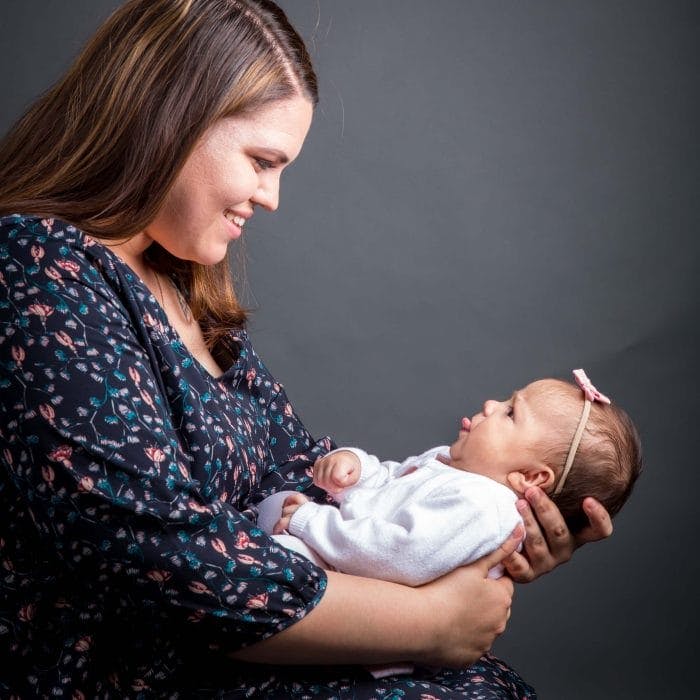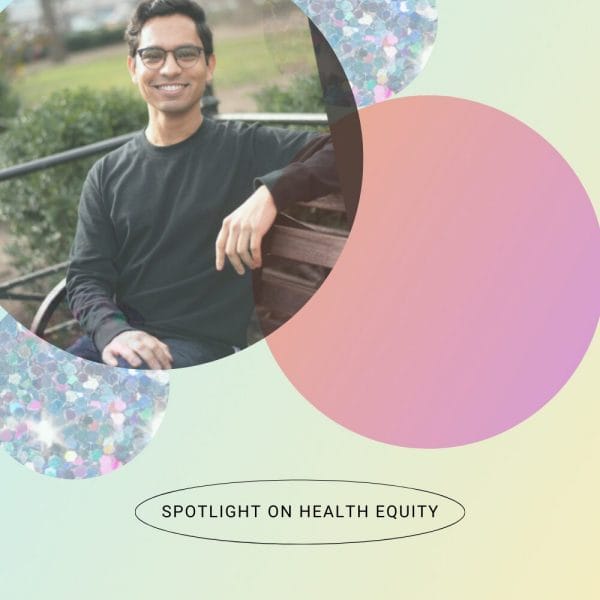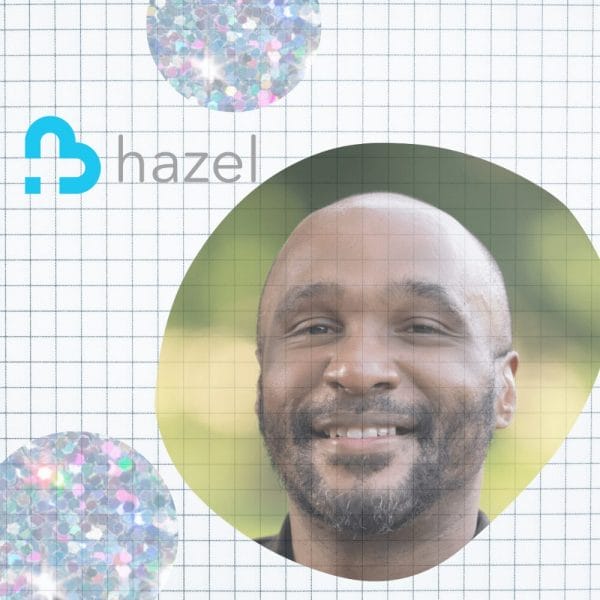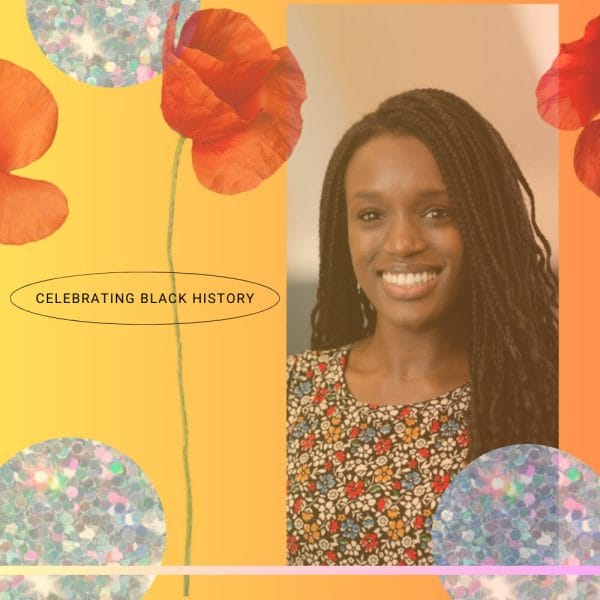Being a mom has always been a posed as a fairytale in the past. Not to say that it isn’t- motherhood is an incredible duty, decision, and affects the rest of your life (obviously). Can you tell I don’t have children? I have always romanticize the idea of being a mother, probably because I have never had the experience of being one. When I think about my mother- and the work that she has put in over the last 23 years, I imagine there are a lot of missing gaps of my conception of what motherhood is, and what it takes. It wasn’t all fun and games- I know it was stressful for her through the many levels of my life- being a mean little toddler, to a moody adolescent, to even now a struggling adult- my mom has seen it all and I wouldn’t be here without her. Even now when I look around the office at Hopelab, there are many mothers in here. They have two jobs, and unfortunately society is just beginning to finally peak around the curtain of understanding when it comes to motherhood.
When I think about Hopelab, and the work that we do with Nurse-Family Partnership (NFP) and our pilot study of Goal Mama, the goal based application we have developed in partnership with NFP nurses and mothers that builds on the work the organization already does by guiding the ups and downs of pregnancy for first time, low-income mothers- I get it. I can see why a mother’s passion extends from their own children to their place of work, to how we are trying to bolster the impact that NFP has had in the past. But part of understanding why this mobile application and companion dashboard is so important is understanding what drives our interest in scaling NFP and integrate into their working model.
The core of NFP is about helping first-time, low-income parents, specifically, first-time mothers, succeed when their environment contains many risk factors. NFP uses a mom-centered approach to customize each client’s experience and help them achieve positive health outcomes such as improved pregnancy outcomes, increased child health, and development as well as bolstered economic self-sufficiency. The Nurse-Family Partnership on its own has impacted families and communities in 42 states including the U.S. Virgin Islands and 6 tribal communities. The reach alone in this program is staggering, but the statistics are jaw dropping- for every one dollar invested in NFP, it saves $5.70 in future costs. Not to mention over last 40 years the program has demonstrated an 82% increase in maternal employment, 48% reduction in child abuse and neglect1, and a 68% increase in the father’s presence in the household. These positive life improvements have a direct affect on the families as well- with NFP there is an 67% reduction in behavior and intellectual problems at age 6 and 59% reduction in child arrests at age 15.
While NFP is doing an incredible job of changing the lives of low income women as they grow and strengthen their families, there is still a long way to go in terms of pre- and post natal healthcare in the United States. The aforementioned statistics are inspiring and extremely motivating factors, but there are other statistics from opposite end of the spectrum, equally as motivating yet not as inspiring.
The United States has highest rate of maternal and infant mortality of all high income countries. Each year an estimated 700 to 900 maternal deaths will occur in the United States. According to Amnesty International, the United States Ranks 50th in the world with maternal deaths, despite spending the most on healthcare out of any other country. American women are more that three times as likely as Canadian women to die in the maternal period – which defined by the CDC is the start of a pregnancy to the year following the delivery. While this statistic carries enormous weight, even more unsettling is the fact that black infants are twice as likely to die as white infants, 11.3 per 1,000 black babies compared to 4.9 per 1000 in white babies.
It is estimated every 90 seconds around the world a mother will die from complications in childbirth, yet the vast majority of maternal deaths are completely preventable. With maternal and infant deaths at an inconceivable number, it’s no wonder we decided to pair with an organization that focuses on pre- and post natal healthcare and education for at-risk women. There are over 40 years of research linking short and long-term health and health-related outcomes with a range of early care and education programs, like NFP. Over the last 40 years, there has been a dramatic measurable impact of NFP on moms, their children and their communities.
Another factor that drives NFP research deals with the implications of parenting in poverty. Dr. Dawn Dailey is a Ph.D. prepared nurse who still is in practice as a public nurse with the Nurse-Family Partnership, has been a co-investigator on the project shares this- “Being poor in this country is really hard work.” When talking about the individual-level health outcomes and program fidelity as both researchers and providers its important to be reminded that outcomes and data are mediated by social conditions- similarly, if not the same as those listed in the socio-ecological model. The everyday stresses of poverty affect the mental, physical, emotional, and of course the financial well being of these at-risk mothers’ lives. Parenting in poverty is a mental health issue- just as relevant as any other mental health issue. When you think about how many children are born into or affected by poverty (in the U.S. alone that’s approximately one in 5 children under age 5 or 5.3 million children), we can begin to understand the impact that comes with scaling the projects like the Goal Mama app – a product that aims to help NFP mothers become more confident and capable of setting and achieving those big goals related to parenting, health, finances, and self-sufficiency.
Goal Mama, like NFP, hopes to keep mom engaged in the program so they can experience the positive outcomes NFP is shown to have, and maintain practices such as goal setting.
NFP is already responsible for lowering the number of preterm births on moms they work with by 18%. It’s clear that we need to have a larger national conversation about healthcare and poverty, and the traumatic and long-lasting effects that at-risk mothers and their children face as a result of living in a country where their basic material and health needs often go unmet.2,3,4
1.
Long-term Effects of Nurse Home Visitation on Children’s Criminal and Antisocial Behavior: Fifteen-Year Follow-up of a Randomized Controlled Trial David Olds; Charles R. Henderson Jr.; Robert Cole; John Eckenrode; Harriet Kitzman; Dennis Luckey; Lisa Pettitt; Kimberly Sidora; Pamela Morris; Jane Powers. JAMA. 1998; 280:1238-1244.
2.
Population Reference Bureau, analysis of data from the US Census Bureau, Census 2000 Supplementary Survey, 2001 Supplementary Survey, 2002 through 2015 American Community Survey, accessed December 2016,http://datacenter.kidscount.org.
3.
Bravenman, P, et al. “Early Childhood Is Critical to Health Equity.” RWJF, Robert Wood Johnson Foundation, 19 June 2018, www.rwjf.org/en/library/research/2018/05/early-childhood-is-critical-to-health-equity.html?cid=xtw_rwjf_unpd_dte%3A20180612.
4.
Villarosa, Linda. “Why America’s Black Mothers and Babies Are in a Life-or-Death Crisis.” The New York Times, The New York Times, 11 Apr. 2018, www.nytimes.com/2018/04/11/magazine/black-mothers-babies-death-maternal-mortality.html.





